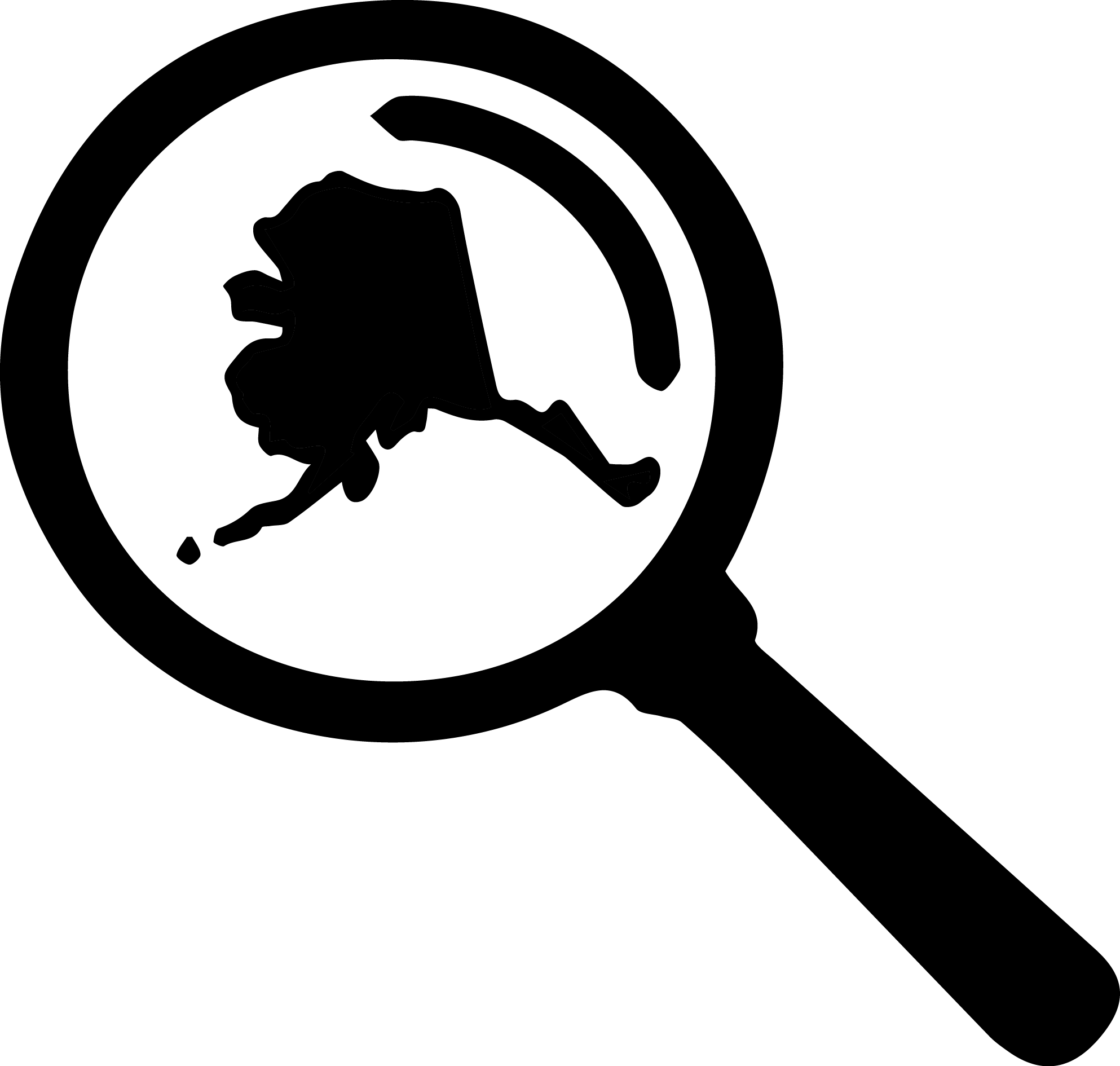Snow Crab Fishing Region Oceanography
Are Changing Sea Conditions Affecting Snow Crabs?
The world has been experiencing unprecedented climate change. Representations of the effects of this change can be found all around us. Ocean conditions are one of the key indicators of global temperature changes.
I have chosen to visualize this change in an interactive map. The goal of this visualiation is to analyze and compare the differences between ocean conditions between crab birthing periods. The map shows the waters surrounding Alaska. The most common snow crab harvest area is highlighted with a polygon. The available data layers include Sea Ice Concentration, Chlorophyll Concentration, and Sea Surface Temperature Anomaly. The data of each set is from April 2021 and April 2022.
SST Anomaly is compared against the average from 1985-1993
The layers can be toggled on/off independent of each other.
Inspired by the recent news story of over 1 billion crabs missing from population counts / estimates
Data
Primary data sourced from NASA Earth Observations
Secondary data sourced from NOAA Climate Map Snapshots
Snow Crab Range/Info Alaska Department of Fish and Game
Methods
Visualization created with Leaflet.js, D3.js, and vanilla JS
github.com/GeoTIFF/georaster was the primary tool to load files
Data prep done in python (Jupyter Notebook) and GDAL CLI

Show Additional Information